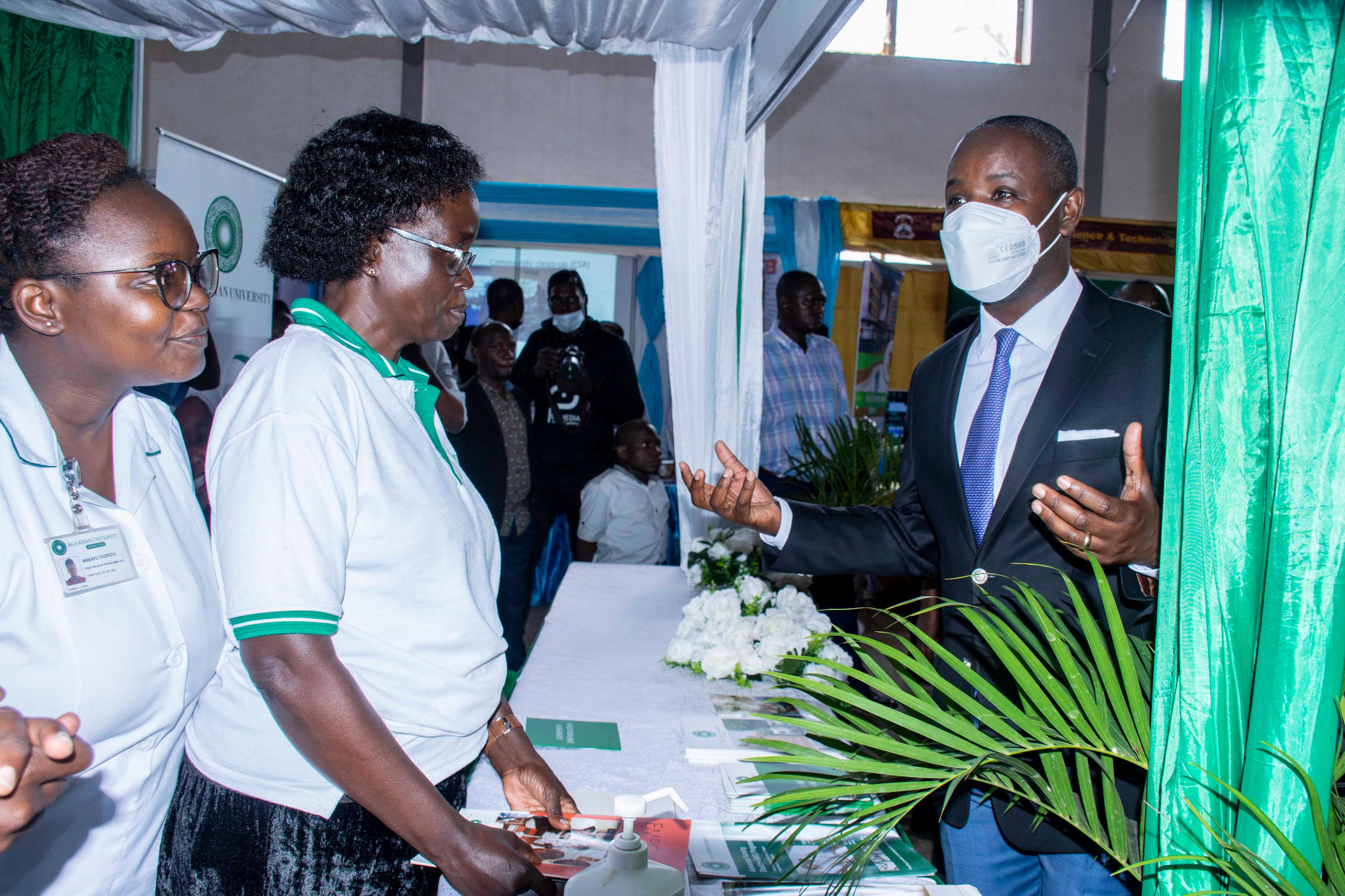Prime
Rethinking varsity scholarship scheme has been long overdue

Emilly Comfort Maractho
The Daily Monitor on September 23 reported on how the Deputy Speaker, Mr Thomas Tayebwa, had called for a review of the current varsity scholarship programme. He wants the scholarship scheme to prioritise the poor, those who cannot afford to pay for university education, because it is extremely expensive.
His thinking is that the scholarships should be ring-fenced for the poor, or abolished altogether.
While this thinking is not new and has never been acted on, for nearly a decade, perhaps there is hope now, since it has come from a more useful source. Not that the vice chancellors, who suggested it many years ago, were not useful but because we live in a society where the village chairperson may have more power than the district education officer in his district. If this idea is not allowed to go to bed this time, it will be a crucial step towards attaining fairness, equity and inclusion.
The current scholarship is based on merit, a good thing. A system based on merit assumes that everyone is equal in the process. And we know nothing is equal in the process leading upto the Uganda National Examinations Board (Uneb), the method of assessment upon which selection to the university is based. In many ways, the process is long rigged in favour of the rich, and those who can afford to go to some schools.
The problem with meritocracy is that without being intentional about exclusion and inequality, providing mechanisms to close the gaps, it can perpetuate systems of oppression and frustration, even drive a wider wedge between those who have and do not have.
The manifestation in our society is becoming glaring. Stories of people who walked miles to school have literally vanished. Even in villages, boda boda now take children to school as opposed to walking those miles. We are in a different space. Many of the people whose success stories we interact with today, do not relate with that life of poor people rising through education.
This is not because we have socially developed as a society, but that some groups have moved miles ahead, as beneficiaries of systemic and structural inequality. They were in some school in the city, went to some good university, either public or private, or even studied abroad if their parents were in government. Then benefitted from their networks to access jobs. It is a cycle.
A manager explained it well to me one day, that what we see as regional inequality in job distribution is largely driven by our education system. That most applicants they receive today are likely to be from central and western Uganda. They are also likely to be the best candidates in interviews. This is the spillover of a system of merit.
Sooner or later, we will struggle with workplace diversity, with people from some schools, regions and economic class being the only ones occupying space. Maybe then, we shall find our ‘black empowerment moment’.
I may have said this before but it is worth repeating. I read a lot of profiles and have interviewed many people in public life. Most of the people who hold positions of responsibility in government today would be nowhere if the education system at the time did not work for all.
I know and have heard incredible stories of people whose testimonies would make President William Ruto’s hustler story sound like a big joke. These also know that if it were not for education, and if it were not for that invisible hand of the state, they would have died, never having left their village or had a life worth talking about. Now we glorify the externalisation of labour to cater for the victims of that system because we have failed many of our children.
As an educationist, I have seen first-hand, how much poor parents struggle, and in turn, their children. I have received requests for support, many of them overwhelming, and way out of my reach. I support some children through school because every once in a while, cases come before you, that you know you must deal with, otherwise you won’t sleep thinking about them. You pay your share of the ‘black tax’ and move on, or write a column fighting for social justice.
Unless we get serious about addressing the structural aspects of inequality and exclusion, we will be incapable of ‘feeling each other’s pain’. For most people, pain is all they will have known, and for others, it is something they cannot relate to. There are many possibilities for making this scholarship work for the poor.
Ms Maractho (PhD) is the director of Africa Policy Centre and senior lecturer at Uganda Christian University.




